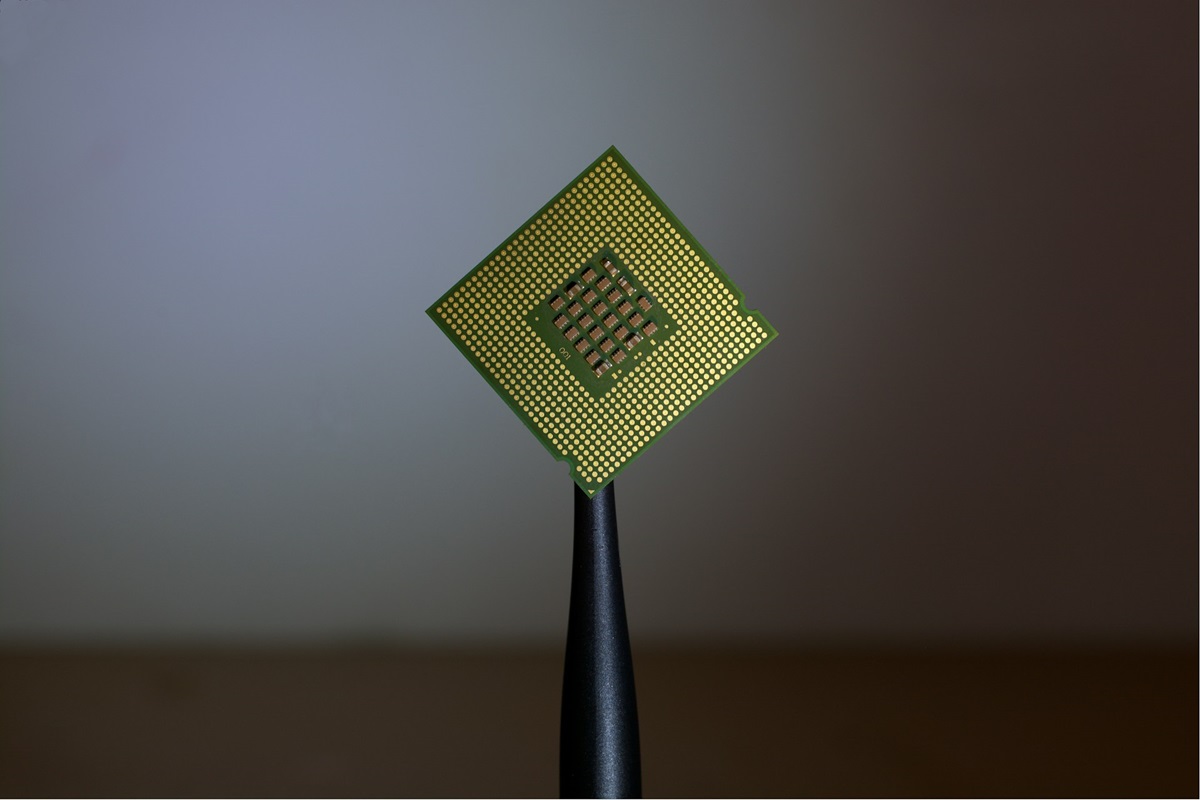Japan intends to allocate up to 45 billion yen ($300 million) in funding to support a research group that develops advanced chip manufacturing technologies.

Tokyo’s mentioned intention is a solution as part of a larger effort that aims to develop homegrown semiconductor production. For many years, Japan had a kind of status as a global technology center, but more than a decade ago, the country began to gradually move away from this title.
The Ministry of Economy, Trade and Industry (METI) of the Asian country announced the approval of the transfer of research in the sphere of advanced manufacturing technologies to the outsourcing of the Leading-edge Semiconductor Technology Center (LSTC). The mentioned organization was created more than a year ago to bring together Japanese specialists in areas such as nanotechnology, materials, and artificial intelligence. Also, one of the tasks of the Center is to support the production of chips in the state-backed Rapidus Corp.
Hidemichi Shimizu, director of the METI strategy office in the software and information services area, said at a briefing on Friday, February 9, that research and development, which the government characterizes as necessary but too risky for the private sector, had been outsourced. The outsourcing contract is designed for a period of up to five years. In this case, research is provided on the technology of manufacturing chips of 2 nanometers and beyond. Special attention will also be paid to the AI-enabling microcircuit design.
LSTC aims to make significant progress in the chip manufacturing industry by introducing microcircuits of 1.4 nanometers by 2028. The organization intends to share this development with Rapidus.
Rapidus is spending billions of dollars in subsidies on a longshot bid to manufacture advanced 2-nanometer chips in Chitose, northern Hokkaido Prefecture. The corporation strives to compete with such players in the making microcircuits industry as Semiconductor Manufacturing Co. and Samsung Electronics Co.
At a press conference on Friday, Tetsuro Higashi, Chairman of the Board of Rapidus, stated his desire to create a cycle that will generate new demand in parallel with the development of advanced technologies. Also, Mr. Higashi, who previously headed the board of Tokyo Electron Ltd., a manufacturer of chip equipment, commented on skepticism about the capabilities and prospects of Rapidus against the background of the scale of TSMC’s activities and control over more than 90% of the world’s advanced foundry business. In this context, he drew attention to the broad support from the Japanese government, foreign investment, and interaction with equipment makers. Tetsuro Higashi, who also heads the LSTC, said he had no doubts about Rapidus’ success.
It is worth noting that Japan is host to some of the indispensable suppliers of tools and materials for the global semiconductor industry, including JSR Corp. and Ushio Inc. Tokyo Electron recorded a profit exceeding preliminary expectations as a result of increased shipments of obsolete equipment to China.
LSTC is engaged in the implementation of projects involving the use of AI apps on smartphones and connected electric vehicles. The organization employs researchers from the University of Tokyo, Tohoku University, and others.
LSTC will also become a center for joint development with foreign partners in the sphere of next-generation semiconductor technologies and will help generate demand for Rapidus products, strengthening Japan’s sustainable competitiveness. The corresponding statement was made by Ken Saito, the Minister of Economy of the Asian country.
As we have reported earlier, TSMC to Open Second Japan Chip Factory.









